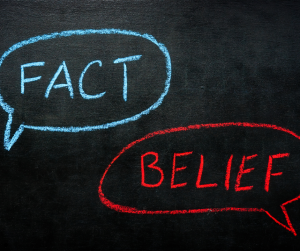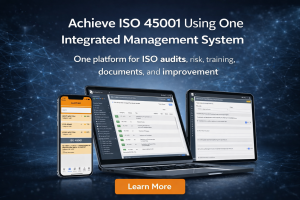Overview
International Day of Persons with Disabilities was established in 1992 by the United Nations General Assembly, to promote the rights and well-being of people with disabilities at every level of society and development, and to raise awareness of the situation of persons with disabilities in all aspects of political, social, economic, and cultural life.
It’s a time to celebrate the achievements and contributions of individuals with disabilities and to foster a more inclusive and equitable world for all.
How Workplaces can Celebrate Achievements and Foster Inclusion
Hiring Practices: Ensure that hiring processes are inclusive and prioritise qualifications and skills.
Accommodation Requests: Implement a clear and accessible process for employees to request reasonable accommodations to perform their jobs effectively.
Accessibility Audits: Assess the workplace at regular intervals, for physical, digital, and communication barriers to ensure accessibility for all employees.
Work Arrangements: Offer flexible work options such as remote work, flexible hours, or job sharing to accommodate individual needs.
Accessibility Training: Provide all employees with accessibility training, to raise awareness and promote understanding of disability-related issues.
Mentorship Programs: Pair employees with disabilities with mentors who can offer guidance, support, and career development opportunities.
Achievements: Celebrate the achievements and contributions of employees with disabilities, to foster a positive and inclusive work environment.
Communication: Use clear and inclusive language in all workplace communications. Ensure you avoid ableist terms or assumptions.
Technology: Provide accessible technology and assistive devices to support employees with disabilities.
Workplace Events: Ensure that all workplace meetings, events, and social activities are accessible to employees with disabilities.
What is Unconscious Bias?
Unconscious bias, or implicit bias, refers to automatic, often negative, stereotypes or associations that people hold without being consciously aware of them. It happens in every setting. In the work environment, these biases can influence hiring decisions, promotions, and other workplace opportunities, leading to discrimination against individuals from marginalised groups, including those with disabilities.
To overcome unconscious bias, self-awareness is crucial. Organisations must implement diversity and inclusion training programs (as mentioned above) that raise awareness of these biases and provide strategies for reducing their impact. Additionally, creating a culture of open dialogue and accountability can help challenge harmful stereotypes and promote a more equitable workplace for all.









